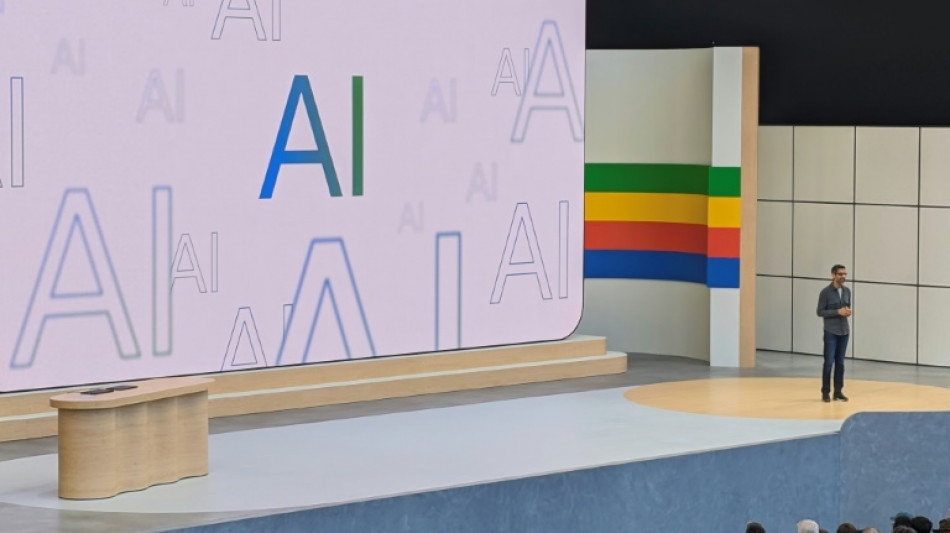
Google tweaking AI Overview after search result gaffes

Google on Friday said it is taking "swift action" to improve AI summaries of search results, after users mocked blunders like Barack Obama being the first Muslim US president.
Google users took to social media to lampoon erroneous "AI Overview" responses to queries such as whether people should eat stones or stare into the sun, or how many Muslim US presidents there have been.
"Many of the examples we've seen have been uncommon queries, and we've also seen examples that were doctored or that we couldn't reproduce," a Google spokesperson said in response to an AFP inquiry.
"We're taking swift action where appropriate under our content policies and using these examples to develop broader improvements to our systems, some of which have already started to roll out."
The Obama example pointed out to Google violated its policies and was taken down, according to the spokesperson.
An Overview response that adding non-toxic glue to pizza sauce was a way to stop cheese from sliding off was evidently traced to a child's Reddit post, prompting some on social media to question whether AI was gullible enough to believe everything it reads online.
The vast majority of AI Overviews provide reliable information and guardrails built into the technology are designed to prevent harmful content from appearing, according to the Silicon Valley internet titan.
Google recently rolled out AI-generated answers to searches in the United States, in one of the biggest changes to its world leading search engine in 25 years.
Google's search results began featuring an AI summary at the top of the page before the more typical unfurling of links.
The change will soon spread to other countries, Google chief executive Sundar Pichai said at the time.
The change comes as Google feels growing pressure from AI-powered search engines like Perplexity, and from the repeated rumors that OpenAI, the creator of ChatGPT, is building its own AI search tool.
Searches through AI chats have also appeared on Facebook, Instagram and WhatsApp, with users able to get information from the web without Google.
These alternatives are praised by some for their cleaner experience than the often-cluttered results of a classic query.
H.Lagomarsino--PV
